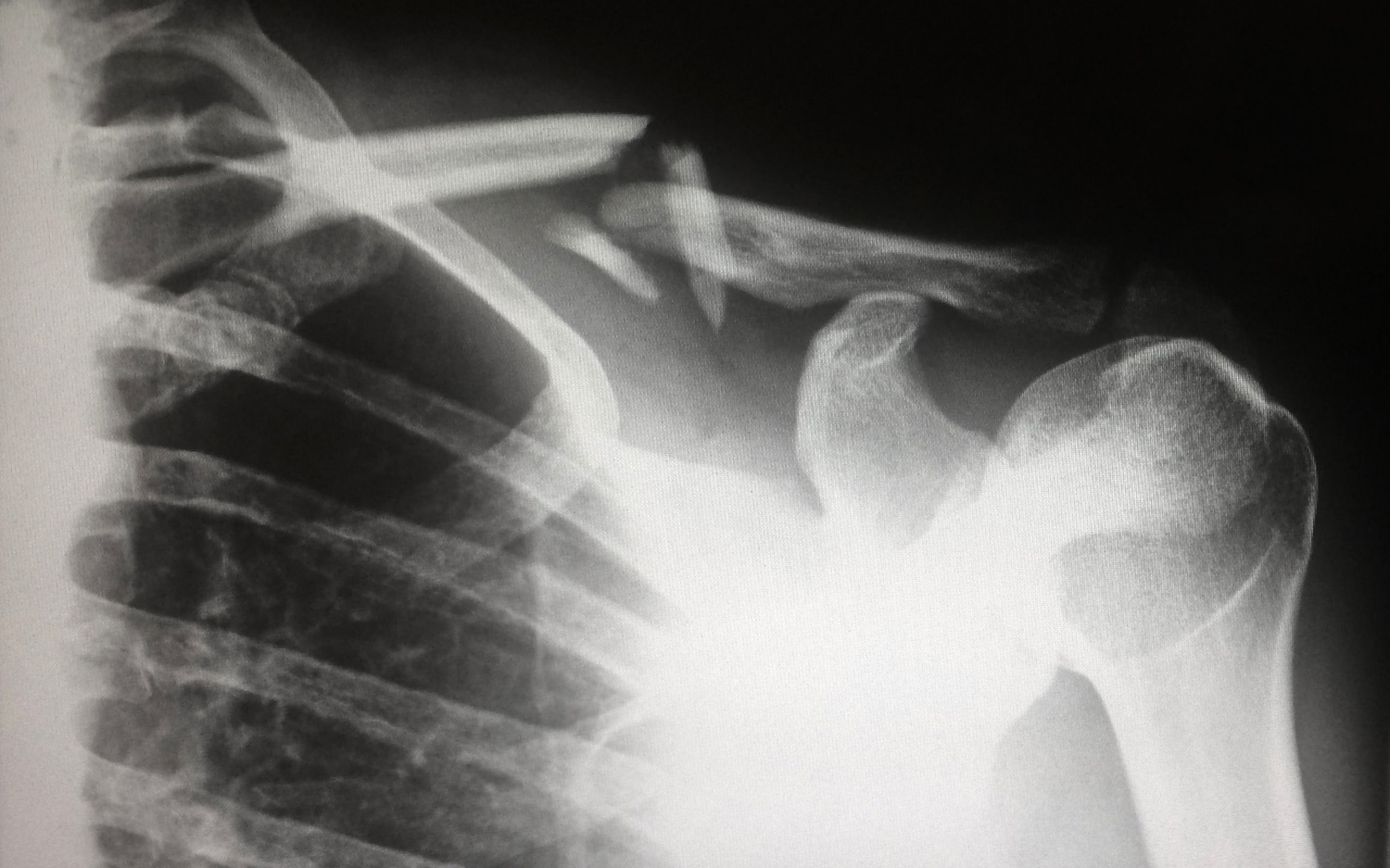What is PIP Insurance?
Personal injury protection insurance – also widely known as PIP – is what I call “health insurance for the car”. PIP pays your medical expenses, replaces lost income, and takes care of other expenses when you are injured in a car accident. Every auto insurance policy in Oregon must have PIP coverage included, with limited exceptions. Here’s how much PIP coverage you need to buy.
How Does PIP Insurance Work in Oregon?
Essentially, there are 4 types of injured people who can collect on PIP insurance:
- Your insurance company will pay PIP if you were injured while driving your own car.
- If you were injured while being a passenger in someone else’s car, their insurance company will pay PIP.
- Even pedestrians and bicyclists injured by cars can collect PIP from their insurance company. Or, in certain cases, from the insurance company of the owner of the car that hit them. Note that the definition of “pedestrians” includes bicyclists.
What Does PIP Insurance Cover?
In Oregon, PIP insurance covers all of the medical and incidental costs you incur from a car accident – outside of actual damage to your car and property.
- Medical Expenses: PIP insurance will pay for the medical expenses you incur as a result of a car accident. This includes all treatment received within 2 years of the accident, and up to the PIP limits of your policy. Oregon law requires PIP policies to pay for a minimum of $15,000, but it’s a good idea to increase your medical policy limits to $100,000.
- Lost Income: PIP insurance will also cover 70% of your lost income if you were off work for at least 14 days because of your injuries. The maximum reimbursement is $3,000 per month. PIP will pay for up to 52 weeks of lost income. Note that the lost income does not have to be incurred within 52 weeks of the date of the accident. For example, your doctor might take you off work for 5 weeks immediately after the accident. Then, 1 1/2 years later, your doctor might take you off work for 8 more weeks, following surgery or a flair up in your symptoms.
You are entitled to PIP wage loss benefits even if your employer paid you sick leave, vacation leave, or some other form of paid leave. You are also entitled to PIP wage loss if you received Social Security disability.
- Help Around the House: If you were not employed when the accident occurred, your injuries disabled you for at least 14 days, and you had to hire someone to help perform “essential services” around the house, PIP will pay $30 per day.
- Funeral Benefits: $5,000 for a funeral, incurred within one year of the accident.
- Childcare Benefits: PIP insurance is also there for you to help out with Kenny’s childcare costs! It will reimburse you $25 per day – up to a $750 maximum – if you were hospitalized for more than 24 hours and had a minor child. The reimbursement period begins after those 24 hours, and continues until you can return to work or are no longer disabled.
Will PIP Pay Out For All of My Medical Expenses?
Yes – with a few minor exceptions:
- Reasonable and Necessary Medical Expenses: PIP pays only for reasonable medical expenses associated with a particular car accident. If you had any other lingering medical issues you’re getting treatment for at the same time, you cannot include the bills for that into your PIP insurance claim.
- Deductible: PIP may not pay for the first $250 in medical expenses if your PIP policy has a deductible. Most PIP policies do not have a deductible.
- PIP Fee Schedule: Medical providers cannot force you to pay the amount billed even if PIP doesn’t pay the full amount. Rather, providers must accept the amount that is set by the Oregon PIP fee schedule which is usually less than the amount billed. The providers cannot bill you for the portion of the bill PIP did not pay. They have to write off the balance.
You may be wondering: can a doctor refuse to accept my PIP Insurance? The answer is unfortunately “Yes”. Although most medical providers accept PIP insurance, they are not obligated under law to and can indeed decline it. So it’s generally best to call beforehand and make sure they will accept the insurance before you get treated by them. If they refuse to accept PIP and you pay them directly, you can seek reimbursement from PIP. Note however that there’s a chance you may not get reimbursed in full. Your PIP insurance is only required to pay the amount a provider is authorized to bill by the PIP fee schedule.
How to Collect PIP Insurance
The process to collect on your PIP insurance is mostly pretty straight forward:
- Call the PIP insurance company and make a claim. Remember that you will need the PIP policy number on hand to set up the claim.
- The insurance company will give you a claim number, and the name and contact information for your assigned claims representative.
- When you go to see a doctor, ensure they accept PIP before you get treated by them. Tell the person you check in with to bill PIP, and give him or her the PIP claim number, plus the contact information for the claims representative.
Additional PIP Medical Coverage Rules
There are several other significant rules related to PIP insurance you need to consider.
- What Do I Do if I Run Out of PIP Medical Benefits? You can sometimes find another policy that will provide you with more PIP medical benefits. For example, if you were injured as a passenger, PIP will first be provided under the policy of the vehicle owner. If you use all of those PIP benefits, you can then make a claim for PIP under your own insurance policy (if you have one). If you don’t have your own PIP insurance, you can try to get your health insurer to pay your medical expenses. Beware that some health insurers will not pay for medical expenses necessitated by a motor vehicle accident that was someone else’s fault. Be sure to check with your health insurer.
- Can PIP Require Me to See a Doctor of Its Choosing? Yes. Your insurance company may require you to attend a medical examination to determine whether the treatment is indeed reasonable or necessary. This is sometimes called an independent medical exam.
- Can PIP Have My Medical Records Reviewed? Yes. Sometimes, your PIP insurer will have your medical records reviewed to determine whether treatment was reasonable or necessitated by injuries sustained in the accident. It may refuse to pay for medical treatment if it determines the treatment was unreasonable. For example, it may refuse to pay for chiropractic treatment if you had been seeing the chiropractor for a long time.
What Do I Do If I Run Out of Pip Lost Income Benefits?
Just like with PIP medical benefits, you can sometimes find another policy that will provide you with more PIP wage loss benefits. If you do, you can get another 52 weeks of PIP wage loss benefits for a total of 104 weeks of wage loss benefits!
What to Do if Your PIP Insurer Refuses to Pay Benefits?
Talk to an attorney immediately if your PIP insurer refuses to pay your medical bills or wage loss. Contact a specialized car accident lawyer who is fluid in insurance law to discuss your options. When choosing your personal injury lawyer, be sure they’re local and have plenty of experience with court cases.
Lastly: Can PIP Refuse to Pay My Medical Bills? Yes, it can but it rarely does. It’s within its rights to refuse payments of any medical bills for treatment that was not “reasonable or necessitated”. Remember – it only pays for injuries sustained in a car accident. All medical bills are presumed to be reasonable and necessary if the insurance company doesn’t provide you and your medical provider with a written refusal notice within 60 days of receiving the bill.


